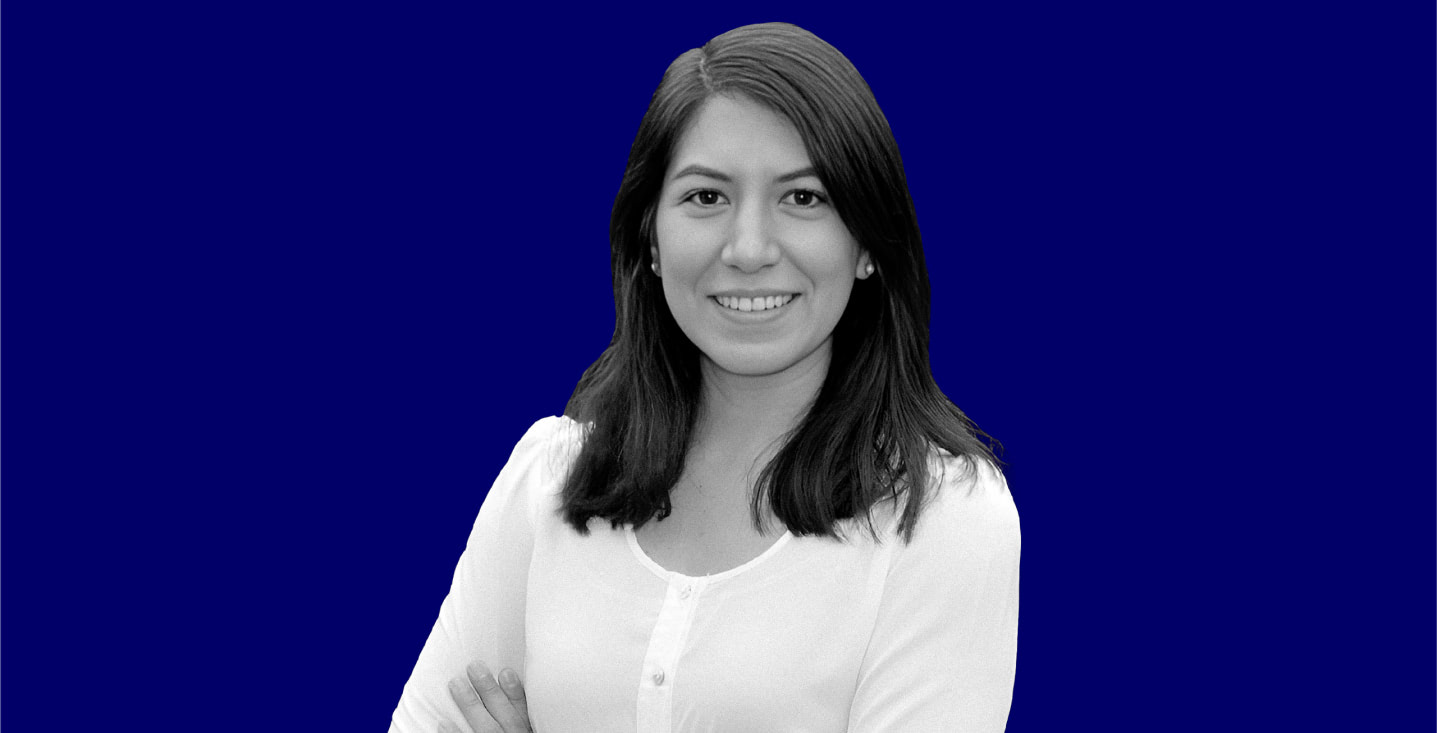16/12/2021
Due to an increase in data-driven strategies in many organizations, the demand for professionals with a strong knowledge of economics is on the rise.
A master in Applied Economics is a gateway to many different career paths, since this deeper understanding gives candidates an advantage in the hiring process. But what opportunities are available after studying economics at the postgraduate level? In order to help you make an informed decision, we’ve put together some information below about where a future in economics could take you.
The recruitment landscape for economists today
Careers in economics come with a competitive salary. In 2019, economics professionals earned an average of $105,020 per year, and those with graduate degrees almost doubled that figure. What’s more, an increasing number of industries are in need of economists with expert knowledge to guide their decisions, resulting in an anticipated 13% growth in the job markets of related industries.
However, with this comes more competition.

Candidates that stand out from the crowd often have a master’s degree in economics, where they’ve advanced their understanding and developed sought-after skills along the way.
Which sectors are available to you?
A master’s degree in economics cultivates key skills and applied expertise that is currently in high-demand. This means economics graduates have many opportunities available to them across many different sectors. Here are just a few.
1. The private sector
From banking multinationals to tech startups, the private sector requires an economist’s analytical mindset.
A master’s degree in economics is valuable for demonstrating you’ve got what it takes to succeed in this competitive sector.

2. Government agencies
An economics graduate may take on a role at a regional, national or even international level within government agencies, taking on research or consultancy roles.
3. International organizations
There are many global opportunities available to economics graduates, including positions with the United Nations, International Monetary Fund, or World Bank.
Which careers in economics could you pursue?
While studying economics opens many doors, there are some jobs for which your learning will be highly relevant. These are the more common roles for master’s graduates.
1. Economist
As an economist, you’ll use your analytical skills to evaluate data and report on economic trends.

You might go in-house for a particular organization, or join a consultancy where you work on multiple projects.
2. Data Scientist
As a data scientist, you’ll gather and analyze data and then design algorithms and predictive models that will go on to influence global markets. If problem-solving is your forte, you might also consider being a Data Analyst. These roles involve using previously compiled data to draw conclusions about an organization’s performance and make recommendations.
3. Senior Financial Analyst
As a senior financial analyst, you’ll help corporations make strategic investments by analyzing trends and economic behaviors. Since expertise of this kind is in demand, finance salaries tend to be very competitive.
With economics, nothing is off limits. The skills you gain through studying economics are transferable, useful for any ambitious career.

What should you consider before studying a Master in Applied Economics?
Studying any master’s in Applied Economics is a stepping stone to career progression, increasing your salary and boosting your employability. However, our Master in Applied Economics has various advantages to consider.
– Our faculty consists of industry experts and experienced professionals, teaching by rigorous academic standards.
– We deliver applied, hands-on learning where you’ll apply your knowledge to real-world situations.
– State-of-the-art facilities help you practice using data in forecasting and analysis.
– Three unique specialization tracks let you tailor your education to your personal goals: Economics for Public Policy, Strategic Analysis for Corporations and Strategic Consultancy and Market Regulation.








